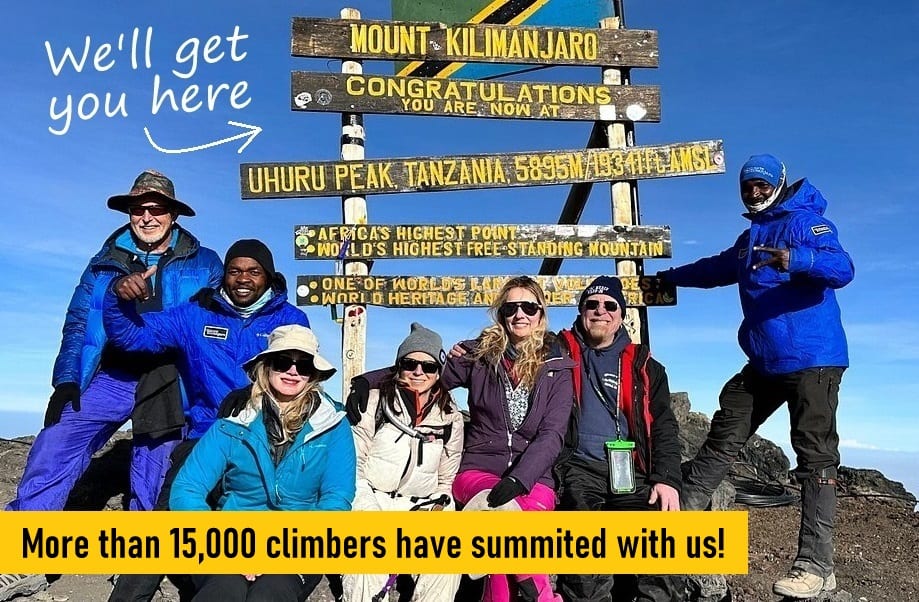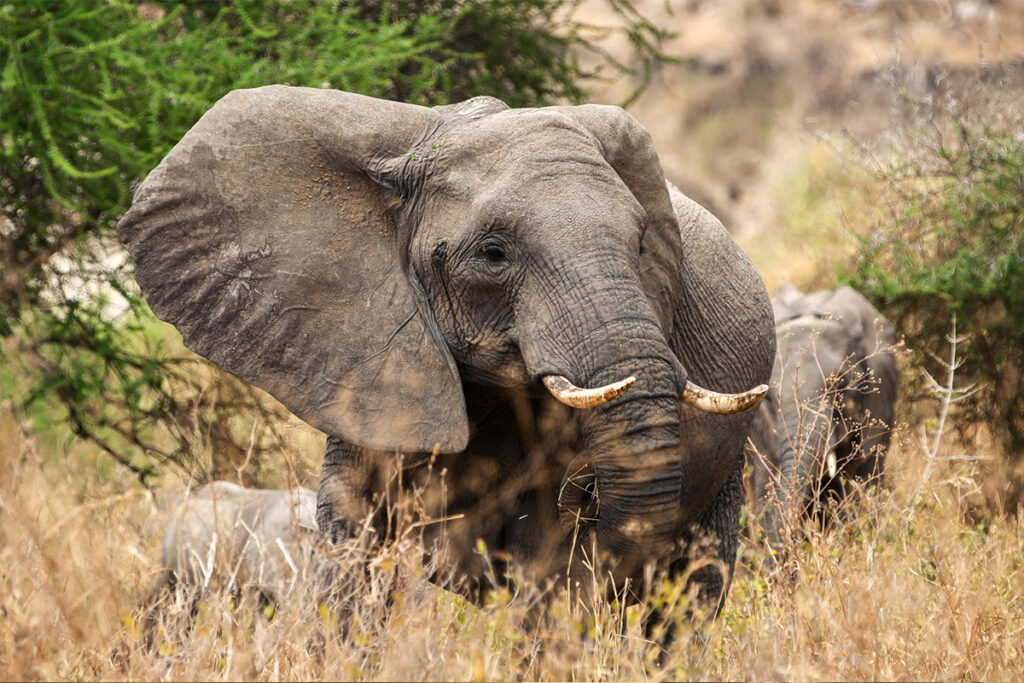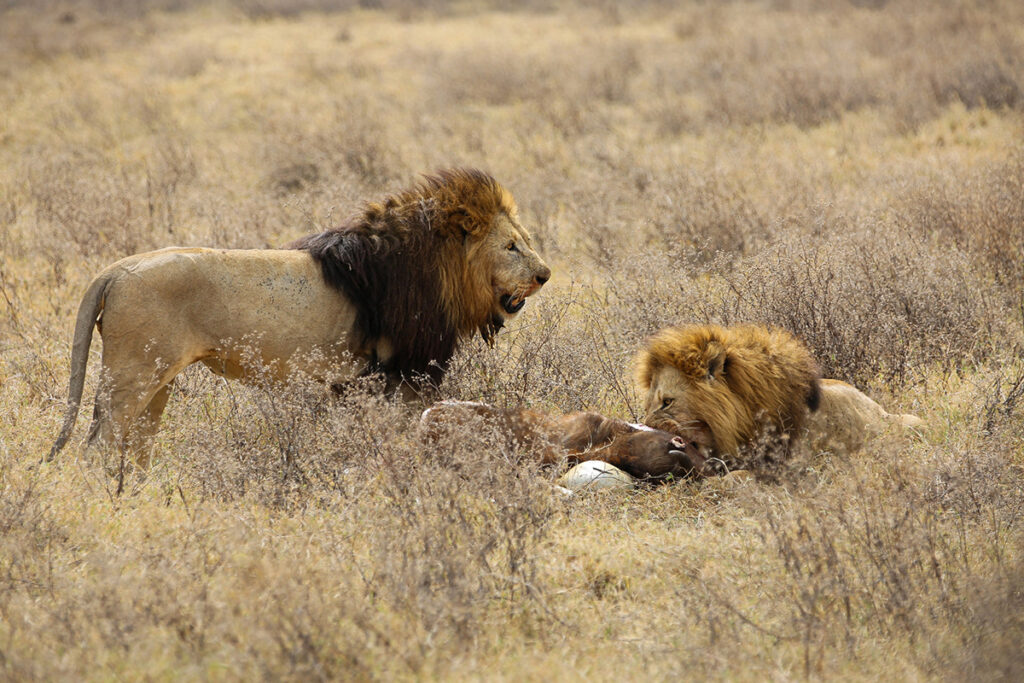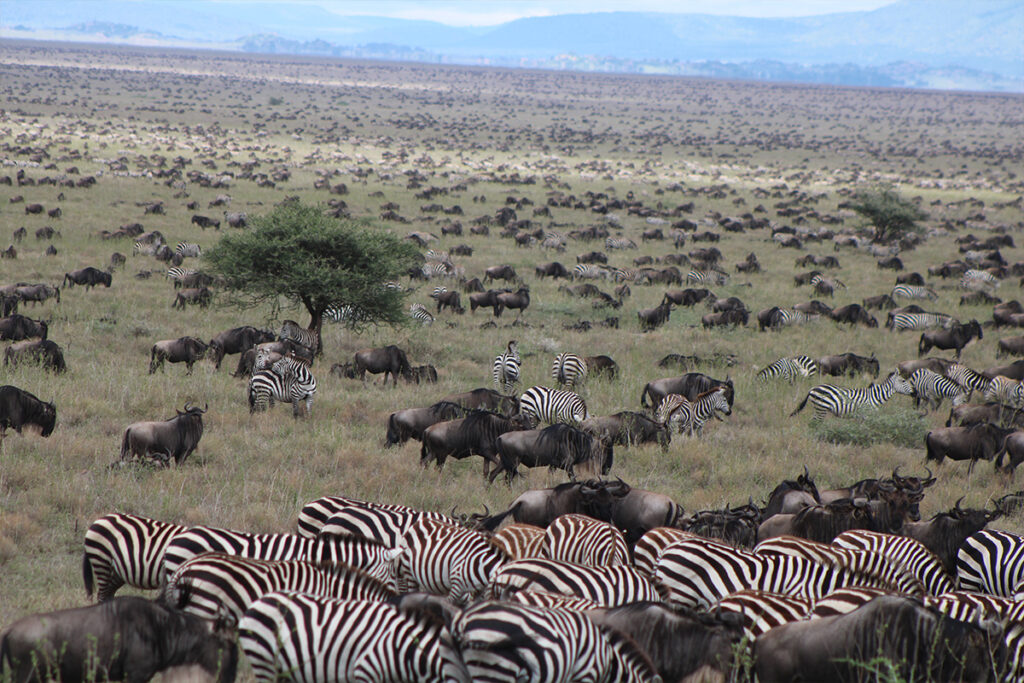Every year, approximately 35,000 adventurers set foot on Mount Kilimanjaro, eager to conquer its majestic heights. Surprisingly, an expert guide makes a difference in successful ascents, increasing the likelihood of reaching Uhuru Peak significantly. With tales of endurance and triumph, guided tours infuse confidence into climbers, ensuring a safer and more enriching experience.
Guided tours on Kilimanjaro not only provide safety but also unravel the mountain’s rich heritage, rooted in both local culture and geological history. With expert-led excursions, climbers navigate the trails armed with knowledge, enhancing their appreciation of the journey. Statistically, 85% of those who climb with professional guidance reach the summit, marking an impressive success rate when compared to independent climbers.
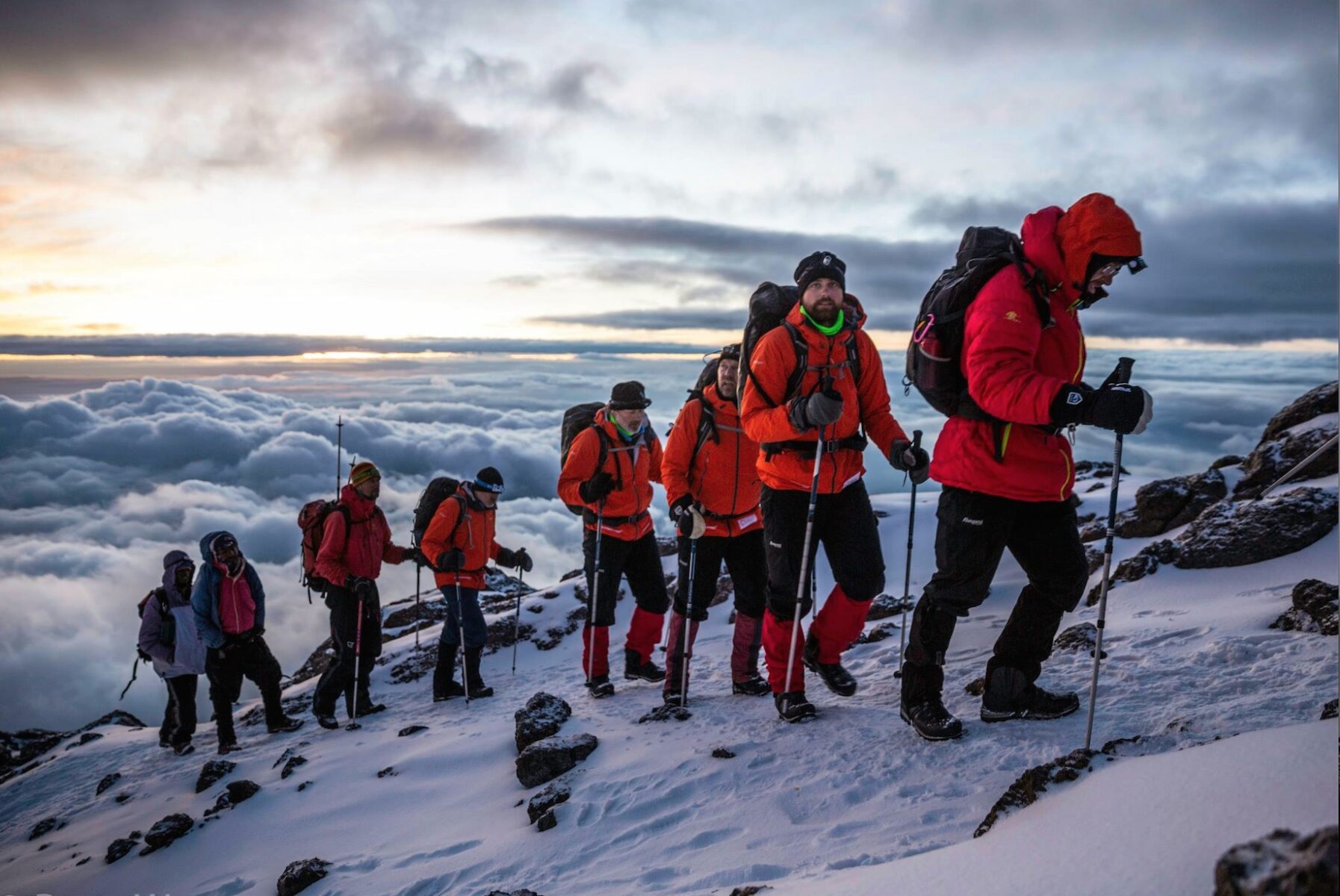
Exploring the Essence of Guided Tours: Climbing Kilimanjaro with Experts
Climbing Mount Kilimanjaro is a dream for many adventurers. It stands as the tallest peak in Africa, offering stunning views and diverse ecosystems. Hiring an expert guide transforms this climb from a daunting challenge to a memorable journey. Guides are familiar with the best routes, weather patterns, and necessary equipment. They also share stories about the local culture and the mountain’s history.
Safety is a top priority when scaling Kilimanjaro. Guided tours ensure climbers take proper acclimatization breaks, reducing the risk of altitude sickness. With their knowledge, guides help select the right trekking gear, making the trip comfortable. They also provide first aid and emergency support when needed. This expertise allows climbers to focus on the adventure.
Another key advantage is the sense of community that guided tours offer. Climbers join others from around the world, sharing experiences and building friendships. Guides foster teamwork by encouraging group collaboration. Many tours also support local economies by employing local crew members. This creates a positive impact on the lives of those who call the mountain home.
A guided expedition enhances the overall learning experience. Participants gain insights into the rich flora and fauna of the region. Guides are great teachers, pointing out unique plants and animals along the trek. They help make the climb more than just a physical accomplishment. The result is a holistic adventure that shapes lasting memories and provides a deeper appreciation for our planet.
10 Things I Wish I Knew BEFORE Climbing Mt Kilimanjaro! | Follow Alice | 4K
The Role of Expert Guides in Climbing Kilimanjaro
Expert guides are crucial when climbing Mount Kilimanjaro. They lead climbers through the varied terrain of Africa’s highest peak. Their deep knowledge of the mountain helps them navigate the safest paths. Guides assess weather conditions and adjust plans as needed. This adaptability ensures climbers have the best chance of success.
Guides also play a vital role in maintaining group morale. They motivate climbers during tough sections of the ascent. With their experience, they know when to push on and when to rest. This insight helps prevent exhaustion and keeps spirits high. Their encouragement often makes a big difference in reaching the summit.
Local expertise is another significant benefit of expert guides. They share personal stories and cultural insights about the regions surrounding Kilimanjaro. This enriches the experience, providing context and history that climbers might otherwise miss. Guides often connect climbers with local communities, creating a more immersive journey. This link fosters respect for the local environment and people.
Guides also ensure safety by managing medical emergencies. They are trained in first aid and can quickly address health issues such as altitude sickness. Guides carry essential medical supplies and have knowledge of evacuation procedures. Their skills are instrumental in managing risks on the mountain. This professional support provides peace of mind to climbers.
Benefits of Choosing Professional Guide Services for Kilimanjaro
Selecting professional guide services for your Kilimanjaro climb offers numerous advantages. First, it boosts your chances of reaching the summit. Professional guides know the best acclimatization techniques to prevent altitude sickness. They also provide accurate pacing strategies to manage energy levels. This expert guidance helps climbers succeed where they might otherwise struggle.
Guided tours offer logistical support that simplifies the journey. Experts handle all the permits, transport, and accommodation details. This allows climbers to focus fully on the adventure without worrying about logistics. Moreover, guides ensure all necessary supplies and gear are available. This level of preparation leads to a more relaxed and enjoyable experience.
Professional guides contribute to a safer climbing experience. They are trained to recognize signs of altitude sickness and other potential hazards. Immediate action can be taken if health issues arise during the climb. Safety protocols are strictly followed, reducing risks significantly. This assurance allows climbers to push their limits confidently.
An enriched cultural experience is another benefit of guided services. Guides share fascinating stories and facts about the area’s history and wildlife. This educational component makes the trek more rewarding. Local guides often bring a unique perspective that deepens the connection to Kilimanjaro. This cultural enrichment adds value to the overall adventure.
How Expert-led Tours Enhance Your Kilimanjaro Experience
Expert-led tours elevate your Kilimanjaro adventure by providing more than just direction. They transform the journey into an educational experience with knowledgeable guides sharing interesting facts and anecdotes. The guides’ insights into the mountain’s ecology and geology make each step more meaningful. As a result, climbers develop a greater appreciation for their surroundings. This added depth enriches the overall experience.
An expert guide ensures that each climber remains healthy and fit during the ascent. They focus on proper acclimatization and offer advice on hydration and nutrition. These practices significantly reduce the chances of altitude sickness. Guides monitor climbers’ conditions closely, ready to adjust the itinerary if needed. This careful attention leads to safer and more enjoyable climbs.
The social aspect of expert-led tours also adds a unique layer to the expedition. Climbing with a group of adventurers from various backgrounds makes the journey more engaging. Group dynamics foster an atmosphere of support and camaraderie. Guides encourage interaction, helping forge friendships that last beyond the summit. This sense of community elevates the entire experience.
Comfort and convenience are key elements that expert-led tours emphasize. Guides manage practical details, like choosing campsites and managing meals. This logistical support ensures that climbers can focus on the adventure instead of mundane tasks. Being able to trust in such arrangements lets climbers fully enjoy the stunning vistas and diverse landscapes. This approach takes much stress out of the expedition.
Expert-led tours positively impact local economies by employing local staff and using local services. This support uplifts communities neighboring the mountain. Guides often share stories that build understanding and respect between climbers and locals. By participating, you’re contributing to a sustainable tourism model that benefits all involved. This responsible approach adds a fulfilling dimension to your adventure.
Understanding the Risks: Why Guided Tours Make Kilimanjaro Safer
Climbing Kilimanjaro comes with several risks, such as altitude sickness and extreme weather. Expert guides know how to manage and mitigate these risks effectively. They carry essential medical supplies and have first aid training. Guides also monitor climbers’ health throughout the journey. This attention ensures that any issues are addressed promptly and correctly.
Weather on Kilimanjaro can change rapidly, posing a potential threat to climbers. Experienced guides closely follow weather forecasts to avoid dangerous conditions. Guides advise on appropriate clothing and gear to handle unexpected weather shifts. They also make quick decisions to alter routes if necessary. This preparation keeps climbers safe from sudden weather changes.
Altitude sickness is a common issue faced by climbers on Kilimanjaro. Skilled guides implement acclimatization schedules to help climbers adjust gradually. They watch for symptoms of altitude sickness and take immediate action if needed. Proper pacing and hydration tips from guides also help prevent this condition. This knowledge significantly reduces the risk of serious health problems.
Having a guide means someone is always watching out for your safety. They know the safest routes to follow and warn about hazardous areas. During the climb, guides communicate regularly to ensure everyone is okay. They also provide emergency plans in case something goes wrong. This constant vigilance creates a secure environment for climbers.
Guided tours often include support staff to assist with various tasks. These staff members carry extra supplies and set up camps. This added help ensures that climbers conserve energy for the trek. By handling logistics, guides and their teams allow climbers to focus on the adventure. The result is a safer, smoother climbing experience.
Key Takeaways
- Guided tours offer professional safety measures for climbers.
- Experts increase the chances of reaching Kilimanjaro’s summit successfully.
- Local guides provide enriching cultural and historical insights.
- Expert guides handle logistics, making the climb more enjoyable.
- Climbing with a guide enhances the overall adventure experience.
